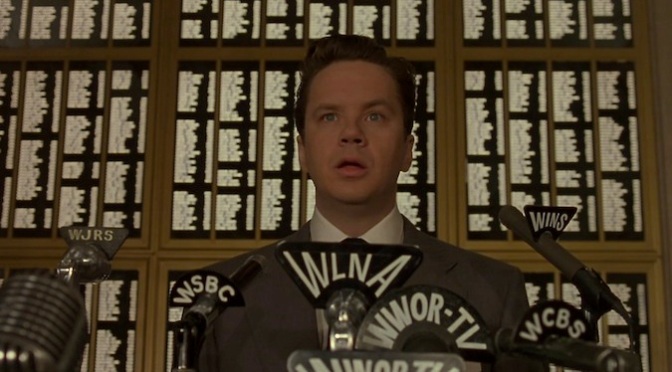This article first appeared as a part of the Brattle Film Notes commentary series, presented by the Brattle Theatre in Boston, MA, for a special screening of The Sting. Slight edits have been made from the original posting.
 In many instances a film is like a con: it wants to hook you, it wants to make you personally invested in the outcome, and it wants you to walk away with a smile on your face and slightly less in your wallet. If the endeavor is a success, there will always be enough to suggest that the artist — the film artist or the con artist — knows a truth that you do not. If the endeavor is unsuccessful, the feeling of being cheated will linger and frustrate.
In many instances a film is like a con: it wants to hook you, it wants to make you personally invested in the outcome, and it wants you to walk away with a smile on your face and slightly less in your wallet. If the endeavor is a success, there will always be enough to suggest that the artist — the film artist or the con artist — knows a truth that you do not. If the endeavor is unsuccessful, the feeling of being cheated will linger and frustrate.
If we apply this analogy to today’s film industry, of course, then the Marvel Cinematic Universe might be considered the most ambitious long con in Hollywood history. But things weren’t as complicated in 1973, and that year produced arguably the least-complicated Best Picture winner ever in George Roy Hill’s The Sting. A complex plot, high stakes for hardnosed characters, themes of friendship and honor amongst thieves — these elements are all there, but they’re intentionally deployed to the background of a filmgoing experience that’s less concerned with a moral message than a good time.








